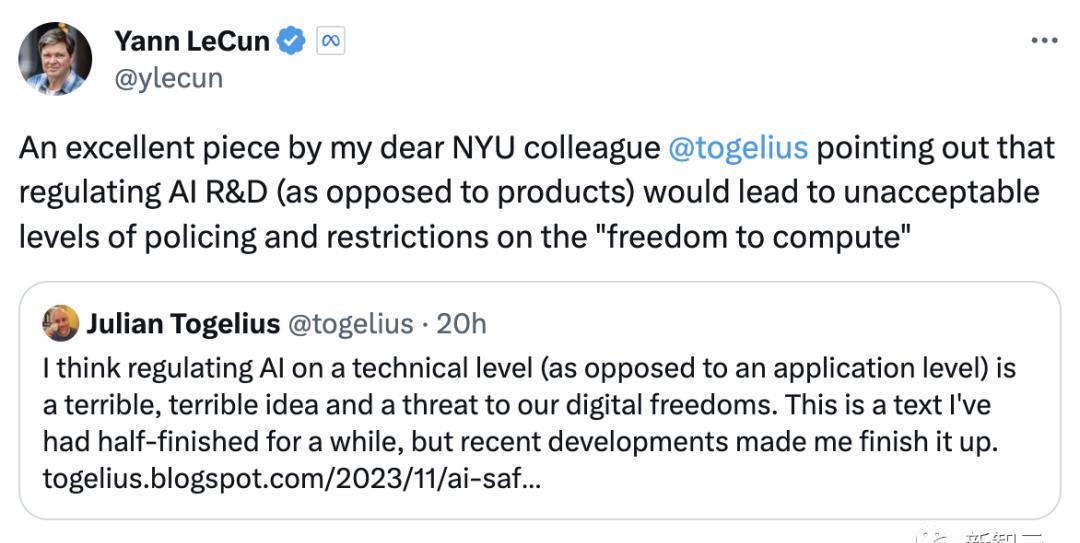Understanding the Benefits and Risks of a Full Recourse Loan: A Comprehensive Guide
#### What is a Full Recourse Loan?A full recourse loan is a type of loan in which the borrower is personally liable for the entire amount of the debt. This……
#### What is a Full Recourse Loan?
A full recourse loan is a type of loan in which the borrower is personally liable for the entire amount of the debt. This means that if the borrower defaults, the lender has the right to pursue the borrower's other assets beyond the collateral that was originally pledged. This type of loan is often used in real estate financing, business loans, and other large financial transactions.
#### Advantages of Full Recourse Loans
One of the primary benefits of a full recourse loan is that it typically comes with lower interest rates compared to non-recourse loans. Since lenders have the ability to pursue the borrower's personal assets, they face less risk, which translates into better terms for the borrower. Additionally, full recourse loans can help borrowers secure larger amounts of financing, as lenders feel more secure in their ability to recover funds in case of default.

Another advantage is the potential for quicker approval processes. Lenders may be more willing to approve loans with full recourse terms because they have a clearer path to recoup their losses. This can be particularly beneficial for businesses or individuals in urgent need of capital.
#### Risks Associated with Full Recourse Loans
However, the full recourse loan structure does come with significant risks. The most apparent risk is the potential for losing personal assets. If a borrower defaults, the lender can pursue not only the collateral but also other assets, including bank accounts, investments, and even personal property. This can lead to severe financial distress for the borrower.
Furthermore, taking on a full recourse loan can impact a borrower's credit score and financial reputation. A default can result in negative marks on credit reports, making it difficult to secure future financing. Borrowers must carefully consider their ability to repay the loan before committing to this type of financing.
#### When to Consider a Full Recourse Loan

A full recourse loan may be appropriate for individuals or businesses with stable income and a solid financial history. If you have a reliable source of income and are confident in your ability to repay the loan, the benefits may outweigh the risks. This type of loan can also be beneficial for those looking to invest in real estate or expand their business, as it can provide the necessary capital to achieve these goals.
However, it is crucial to conduct thorough due diligence and assess your financial situation before proceeding. Consulting with a financial advisor or loan officer can help you understand the implications of a full recourse loan and determine if it aligns with your financial strategy.
#### Conclusion
In summary, a full recourse loan offers both advantages and risks that borrowers must weigh carefully. While it can provide access to lower interest rates and larger amounts of financing, the potential for personal liability and loss of assets is significant. Understanding the intricacies of this type of loan is essential for making informed financial decisions. Always consider your financial situation, consult with professionals, and ensure that you are prepared for the responsibilities that come with a full recourse loan.